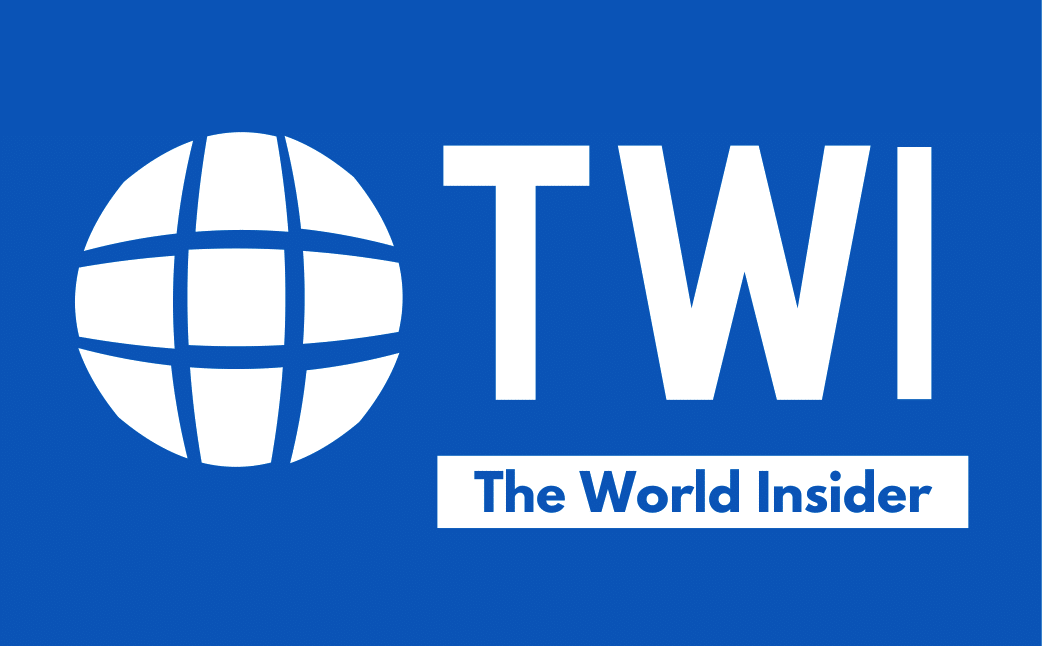NATO leaders have agreed to bolster defences along the alliance’s eastern flank
NATO has promised new military support for Ukraine and assigned more troops to the alliance’s eastern flank while UK and U.S. have stepped up sanctions on Moscow during a trio of summits of NATO, G7 and EU to showcase unity against Russia.
Leaders from NATO, G7 and EU lheld a meeting on March 24 in Brussels to find ways of supporting Ukraine as Russia’s invasion of Ukraine entered its second month. Organised by Germany, and hosted at NATO headquarters in Brussels, the G7 meeting was held immediately after the NATO summit.
At the extraordinary NATO Summit, the allies “condemned Russia’s unjustified invasion and reiterated their full support for Ukraine.” NATO allies announced that they are stepping up support to Ukraine, “including with cybersecurity assistance and equipment to help Ukraine protect against chemical, biological, radiological, and nuclear threats.”
NATO Secretary General Jens Stoltenberg underlined that NATO allies will continue to impose unprecedented costs on Russia and that “NATO will further reinforce its presence in the eastern part of the Alliance including with four new battlegroups to be set up in Bulgaria, Hungary, Romania, and Slovakia.”
NATO will ‘respond’ to chemical weapons
President Joe Biden said that if Russia were to use chemical weapons in Ukraine, it “would trigger a response” from NATO. Biden visited Brussels this week to meet leaders of NATO, the G7 and the EU and discuss to Russia’s unprovoked invasion of Ukraine. “We would respond if he uses it. The nature of the response would depend on the nature of the use,“ Biden said.
Biden said that the overwhelming objective of his visit was to have unity on three key important issues among NATO and European allies:
- To support Ukraine with military and humanitarian assistance.
- To impose the most significant — the most significant sanctions — economic sanction regime ever, in order to cripple Putin’s economy and punish him for his actions.
- To fortify the eastern flank of our NATO Allies, who were obviously very, very concerned and somewhat at — worried what would happen.
Biden said that the United States has committed to provide over $2 billion in military equipment including anti-air systems, anti-armor systems, ammunition to Ukraine since he came to office. During his visit to Europe on March 24, he also announced the United States will commit more than $1 billion in humanitarian assistance to help get relief to millions of Ukrainians affected by the war in Ukraine. The U.S. will also welcome 100,000 Ukrainians to the United States with a focus on reuniting families. “And we will invest $320 million to bolster democratic resilience and defend human rights in Ukraine and neighboring countries” he added.
US and European leaders agree to reduce Europe’s dependence on Russian energy
During a joint statement on the U.S. and European response to Russia’s invasion of Ukraine, President of the United States Joe Biden and European Commission President Ursula von der Leyen announced a new task force aimed at reducing Europe’s dependence on Russian energy. “We are taking further, concrete steps in our energy cooperation to ensure the security of supply and to reduce dependence on Russian fossil fuels” the joint statemnet reads. EU and US will accelerate the clean energy transition. United States “will provide us with at least an additional 15 bcm of LNG this year. In the coming years, we are aiming for at least 50 bcm per year. And this would replace 1/3 of all Russian gas supply to Europe” Ursula von der Leyen said.




 will provide us with at least an additional 15 bcm of LNG this year.
will provide us with at least an additional 15 bcm of LNG this year.